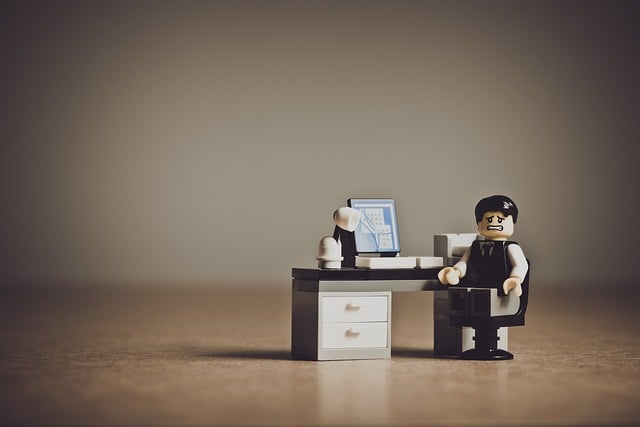Younger workers are struggling with feelings of loneliness and a lack of appreciation at work and tend to feel more comfortable working with people their own age, according to a survey by the American Psychological Association. The 2024 Work in America survey, conducted online by The Harris Poll of more than 2,000 working U.S. adults, sheds light on the challenges faced by younger employees in an evolving workplace.
The survey found that three in 10 U.S. workers reported that people in their organization who are not close to their age do not see the value in their ideas (32%). This sentiment was significantly higher for workers aged 18-25 (48%) than for workers aged 65 and older (16%). Additionally, workers aged 18-25 and 26-43 were significantly more likely than their older counterparts to say that they feel more comfortable working with people their own age than with other age groups (62% and 57% vs. 42%, 38%, and 27%).
Generational Differences in Workplace Experiences and Preferences
While most working adults reported that they appreciate the opportunity to work with people of different ages (92%) and say that having colleagues from a range of age groups is an advantage for their workplace (87%), a quarter said that they are worried about job security because of their age. Nearly three in 10 U.S. workers (29%) said that they feel self-conscious about their age at work, including 43% of workers aged 18-25.
Younger workers also appear to have difficulty connecting with their coworkers on a personal level. Nearly half (45%) of workers aged 18-25 said they feel lonely when they are working, significantly more than workers aged 26-43 (33%), 44-57 (22%), 58-64 (15%), and 65+ (14%). They are also more likely than older workers to say they typically feel tense or stressed out during their workday (48% aged 18-25, 51% aged 26-43, and 42% aged 44-57 vs. 30% aged 58-64 and 17% aged 65+).
The Importance of Psychological Safety in the Workplace
The survey also highlighted the importance of psychological safety in the workplace. Workers who feel comfortable expressing themselves or raising difficult issues without fear of negative consequences – what psychologists call “psychological safety” – tend to report better experiences at work. Those who experience higher levels of psychological safety are more likely than workers experiencing lower levels of psychological safety to say they feel like they belong (95% vs. 69%) and that they feel comfortable being themselves in the workplace (95% vs. 75%).
However, the poll found that people with disabilities reported experiencing a lack of psychological safety at work at an alarming rate, which could be linked to the negative impacts of ableism or unequal access to opportunities due to bias. Two-thirds of workers with a cognitive, emotional, learning, or mental disability and a similar number of workers with a physical disability (63%) reported experiencing lower levels of psychological safety, compared with 45% of workers who did not report having a disability.
“Our survey findings underscore the need for employers to create psychologically safe work environments for their employees,” said Arthur C. Evans Jr., PhD, APA’s chief executive officer. “We know from research that psychological safety not only enhances individual employee well-being but strengthens the organization by fostering a culture of creativity, innovation, and effective teamwork, which ultimately helps to improve the bottom line.”
As the workplace continues to evolve, with increased remote work and the use of new technologies like AI, employers must invest in strategies that support their workers’ well-being and mental health to help them navigate these new norms and the evolving professional landscape.


